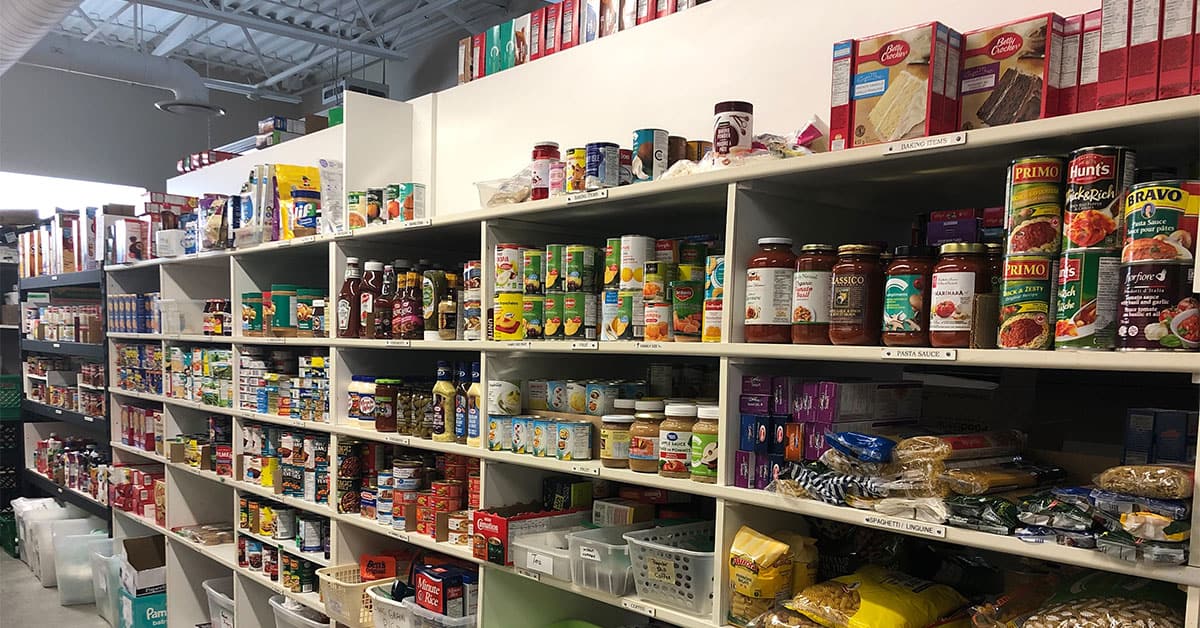Some seven million Canadians are now struggling with hunger, with 23 per cent of the population “eating less than they think they should,” according to recently released data by Food Banks Canada.
“This summer will be the toughest Canada’s food banks have ever experienced in our 41-year history,” said CEO Kirstin Beardsley.
“The majority of food banks in every region of Canada are already stretched to their limits, with demand expected to remain high throughout the summer months as more and more Canadians struggle to cope with rising inflation.”
The organization notes that more Canadians are using the food bank for the first time, with some food banks reporting a 25 per cent increase in usage.
We haven’t seen [numbers like this] since the first few months of the pandemic,” explained Beardsley.
The Woolwich Community Services food bank is not an exception to that trend.
“We are seeing more people using our services. So we are having new people coming in and using our food bank, but we also have other programs [such as] our fresh food Friday program and we have a bread program on Monday that we’re seeing people coming out to as well,” said Food Bank coordinator Lisa Martin.
More residents are also using the food bank’s self-help shelf, Martin said.
“So with that we do have a lot of staple items, plus we have milk and eggs available for them at all times to come and take. So there are new people coming in using our services in different ways that work best for them,” she explained.
The local food bank also sees lower donation levels during the summer, Martin said.
“It’s a time of year where service clubs and schools are all coming to an end. So we don’t have as many items coming in.”
Rapidly rising food prices have been the biggest driver of increased demand, Beardsley said.
“The biggest sign that inflation is seriously impacting hunger and food insecurity in Canada is the reasons why people say they are coming to food banks is changing. In the past, people would turn to food banks during times of job loss or due to lower wages, but over the past six months, Canadians are telling us that they are running out of money for food because of rising housing, gas, energy and food costs. That’s an indication that we need to find new longer-term solutions to fight hunger and food insecurity.”
WCS will be hosting a ‘Stuff a Bus’ event at the Food Basics store in Elmira on June 11 from 8 a.m. to 1 p.m. in an effort to increase donations.
“We weigh the bus before we start and then we weigh it afterwards – we’ll see how many pounds of food that we can collect and get donated to the food bank,” said Martin.









